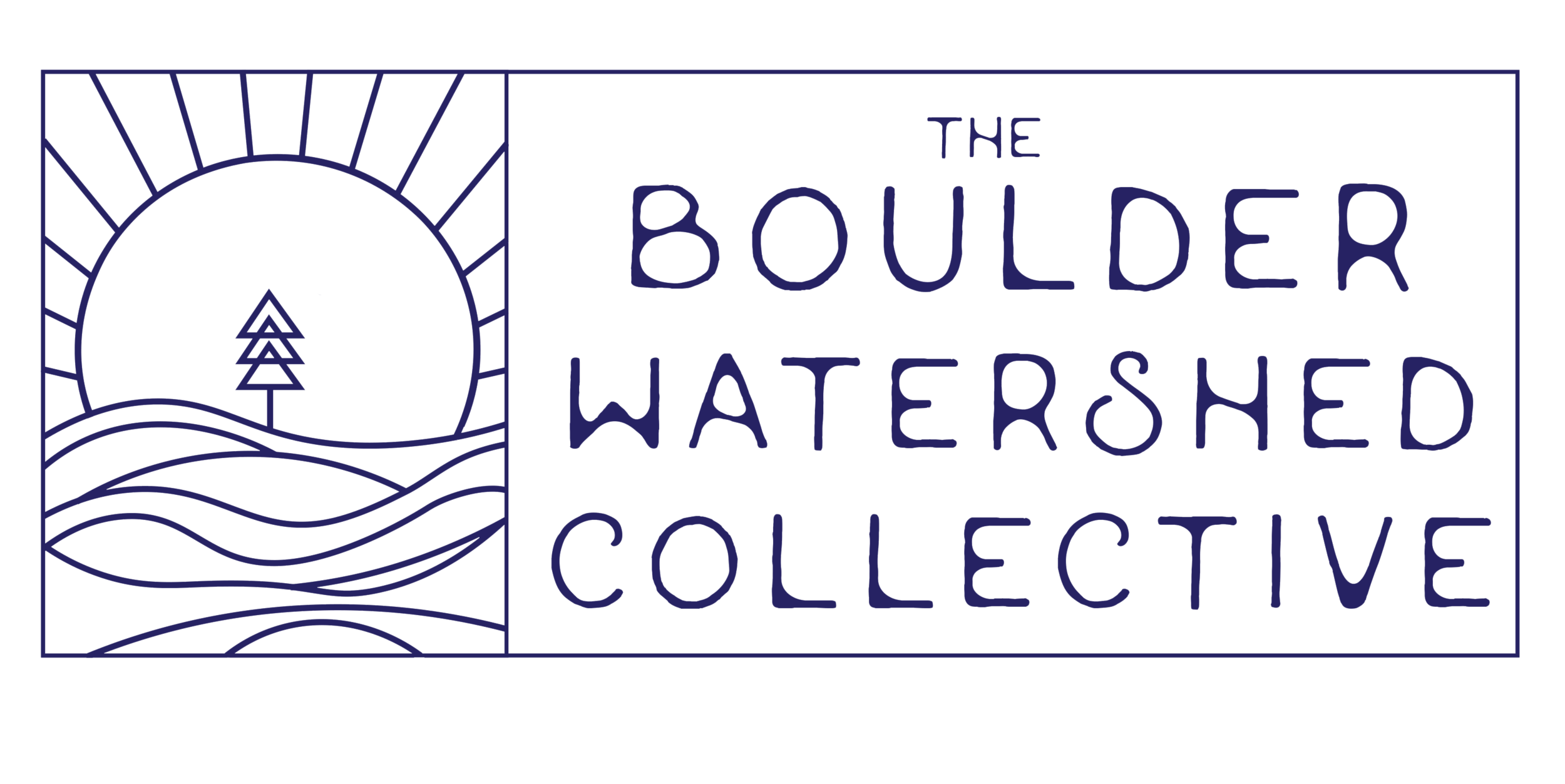Event Description
During this event, local Boulder scientists from the University of Colorado and the National Oceanic and Atmospheric Administration discussed initials findings to understand both short and long term contaminants to water, and indoor and ambient air quality from the affected Marshall Fire area and beyond. We want to thank all of our guest speakers and attendees for their participation in this event, and for sharing their thoughtful questions, comments, and suggestions. We learned a lot from the insightful questions our community member’s posed and we are grateful for all the engagement.
Webinar Video
Other Resources from this Webinar:
How to make your own DIY Air Purifier
The Town of Superior Public Works and Utilities’ drinking water quality monitoring
CIRES ‘How to Mitigate Post-Fire Smoke Impacts in Your Home’ fact sheet
This webinar is part one of a three part learning series. After the recent Marshall Fire, The Boulder Watershed Collective in partnership with The Northern Colorado Fireshed Collaborative and The Center for Sustainable Landscapes and Communities wants to be responsive to the voices and concerns we have heard from local communities. In this learning series, we hope to shine a light on potential impacts and adaptations moving forward from this devastating fire. Sign up for one or all three of these events to learn about what you can do to adapt to living in fire prone grassland and forested ecosystems.
For questions or comments, email Erin Fried: erin@boulderwatershedcollective.org
About the Speakers:
Dr. Julie Korak (Assistant Professor in Environmental Engineering, CU Boulder) studies drinking water treatment processes from the watershed to the kitchen tap with a specific focus on natural organic matter and inorganic contaminants.
Dr. Cresten Mansfeldt (Assistant Professor in Environmental Engineering, CU Boulder) studies the interaction between humans and microbial processes on multiple scales (industrial, municipal, riverine).
Dr. Joost de Gouw (Professor of Chemistry, CU Boulder) and his group uses state-of-the-art instruments to measure Volatile Organic Compounds in the atmosphere, aiming at quantitatively understanding the emissions, chemical transformations and ultimate fate of VOCs, as well as how these processes contribute to the formation of ozone and aerosols in the atmosphere.
Dr. Steven Brown (Research Chemist, Chemical Science Laboratory, NOAA). His major research theme has been the chemistry and impacts of nitrogen oxides in the Earth's atmosphere. His other main research interest has been the development of high sensitivity optical instrumentation for laboratory and field studies of atmospheric trace gases and aerosols.
